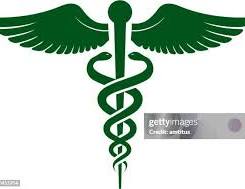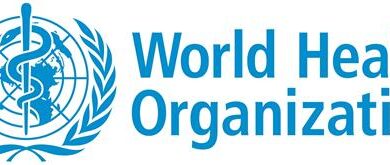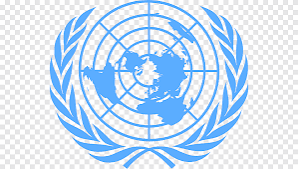Why We Need Covid-19 Vaccines – World Health Organisation

World Health Organisation (WHO) has explained why the world desperately need vaccines for her teeming population against the SARS-CoV-2.
Described as severe acute respiratory syndrome coronavirus 2, SARS-CoV-2 is today considered the most public health emergency responsible for global respiratory illness affecting over 87m people of which 1.9m deaths have been recorded in 222 countries.
The world Health Organisation admitted that for the first time since 1945, the entire world is confronted by a common threat, regardless of nationality, ethnicity or faith.
According to the Director General of the WHO, Dr Tedros Adhanom Ghebreyesus, “vaccinating equitably saves lives, stablises health systems and would lead to a truly global economic recovery that stimulates job creation.
“Vaccines save millions of lives each year. Vaccines work by training and preparing the body’s natural defences — the immune system— to recognize and fight off the viruses and bacteria they target. If the body is exposed to those disease-causing germs later, the body is immediately ready to destroy them, preventing illness.”
A vaccine, according to WHO is a tiny weakened non-dangerous fragment of the organism and includes part of the antigen. It’s enough that our body can learn to build the specific antibody. Then if the body encounters the real antigen later as part on the organism, it already knows how to defeat it.
On how vaccines help, WHO, stated “Vaccines contain weakened or inactive parts of a particular organism (antigen) that triggers an immune response within the body. Newer vaccines contain the blueprint for producing antigens rather than the antigen itself. Regardless of whether the vaccine is made up of the antigen itself or the blueprint so that the body will produce the antigen, this weakened version will not cause the disease in the person receiving the vaccine, but it will prompt their immune system to respond much as it would have on its first reaction to the actual pathogen.
Some vaccines, according to WHO, require multiple doses, given weeks or months apart. This is sometimes needed to allow for the production of long-lived antibodies and development of memory cells. In this way, the body is trained to fight the specific disease-causing organism, building up memory of the pathogen so as to rapidly fight it if and when exposed in the future.
“When someone is vaccinated, they are very likely to be protected against the targeted disease. But not everyone can be vaccinated. People with underlying health conditions that weaken their immune systems (such as cancer or HIV) or who have severe allergies to some vaccine components may not be able to get vaccinated with certain vaccines. These people can still be protected if they live in and amongst others who are vaccinated. When a lot of people in a community are vaccinated the pathogen has a hard time circulating because most of the people it encounters are immune. So the more that others are vaccinated, the less likely people who are unable to be protected by vaccines are at risk of even being exposed to the harmful pathogens. This is called herd immunity.
“This is especially important for those people who not only can’t be vaccinated but may be more susceptible to the diseases we vaccinate against. No single vaccine provides 100% protection, and herd immunity does not provide full protection to those who cannot safely be vaccinated. But with herd immunity, these people will have substantial protection, thanks to those around them being vaccinated.
“Vaccinating not only protects yourself, but also protects those in the community who are unable to be vaccinated. If you are able to, get vaccinated,” WHO stated.





